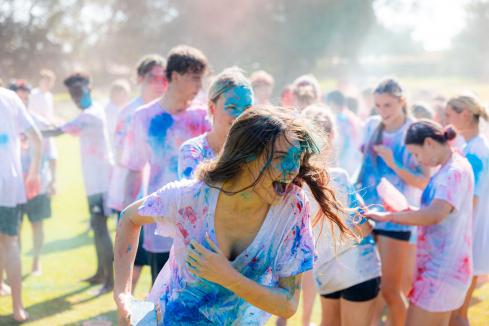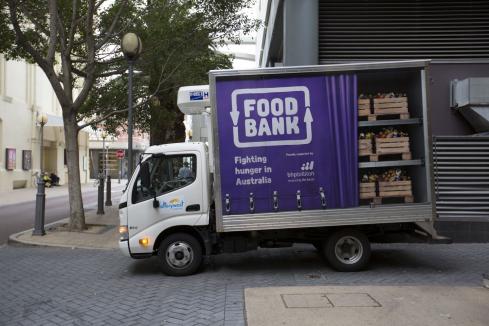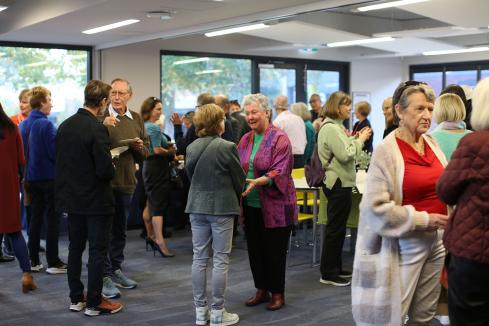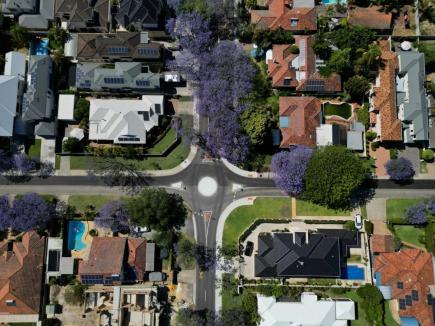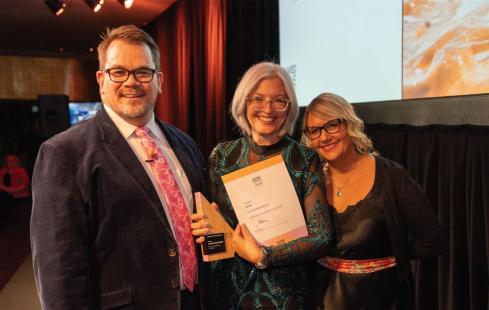Donna Lund faced a workplace dilemma in 2016, working as a career practitioner at St Stephen’s School. she had found businesses increasingly reluctant to take on students for work experience.

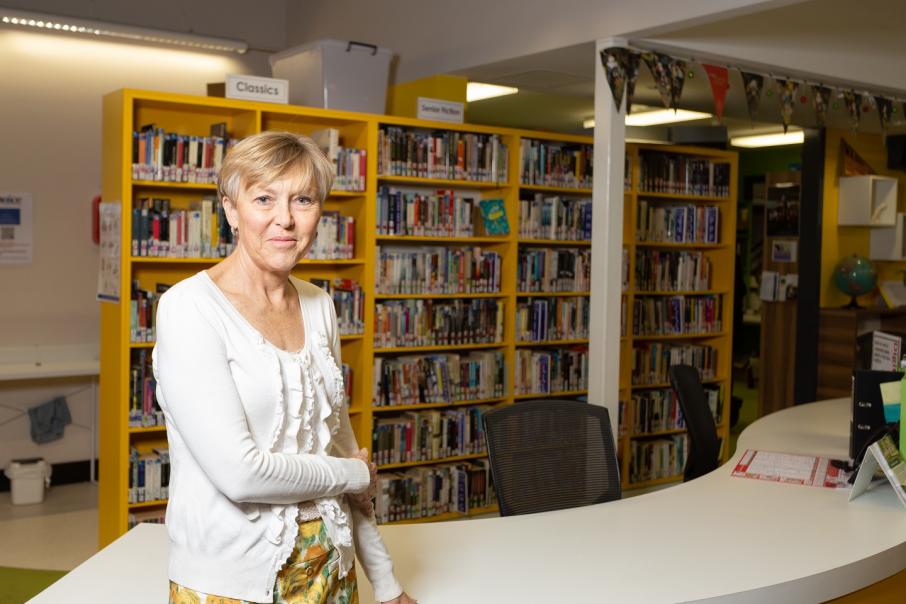
Donna Lund faced a workplace dilemma in 2016.
Working as a career practitioner at St Stephen’s School, she had found businesses increasingly reluctant to take on students for work experience.
“They were seen as not taking it seriously,” Ms Lund told Business News.
Compounding that pushback from business was the fact the students seemed disengaged from the whole exercise.
In order to provide the best possible outcomes for the students and those with whom they engaged, Ms Lund made a strategic decision to move away from a model that had clearly become stale.
“Rather than sending students out for work experience, I thought we should send them out on community service,” she said.
“They would still learn life and work skills and they had to be somewhere at a certain time.
“I proposed to the school that I switch over from careers to service learning, and that’s how this role was created.”
Having served as coordinator of the school’s service learning program for three years and working between the school's Duncraig and Carramar campuses, Ms Lund said the program aimed to teach children valuable life skills while at the same time encouraging them to engage with those less fortunate.
“I strive to have service learning as a part of our [curriculum] so that, as our students progress through primary and secondary schools, caring for one another is just a given,” she said.
“We start early; though [young children] can’t do external work, we work on curriculum-based activities and teach them why we do this and why they should care about other people and our environment.
Tapping into the school’s network of community and government organisations, service learning uses volunteering to teach students core concepts as well as how to make a positive impact on the world.
While most primary school children are taught activity-based service learning, active volunteering starts for students in year six, when they can volunteer in food rescue programs in partnership with UnitingCare West Food Rescue.
In year seven, students can start volunteering with aged care facilities and organisations that serve people with severe brain injuries, as well as go on excursions with the Salvation Army to learn about homelessness.
“Students get to see where people go to rehab and where people are living on the street,” Ms Lund said.
“We do a program with our kids to prepare them for it, and make sure they know it’s a matter of circumstance that [some people are] in that situation.
“Kids can think at an early age that people are on the streets because they’re drug addicts, but we want them to know there’s a story behind every person.”
By year 10, students can go on two-day service learning blocks where they involve themselves in garden maintenance, childcare or cooking for the Uniting Care West’s food pantry.
Seconday students can also go on global tours, travelling and volunteering in Cambodia, Malaysia, South Africa, India or Indonesia (students can embark on trips to the Kimberly from year 6 onwards).
Ms Lund said she was amazed to see how these trips could transform students.
“When you take children out of their comfort zone and put them in a poorer area where they’ve got to do something for other people, they come back a changed person,” she said.
“We have students go to the Kimberley wanting to be engineers who come back wanting to be doctors so they can help people in regional areas.”
It’s not just students who come back changed, either.
“You can become so wrapped up in seeing your students changing that it can reignite your passion for education,” Ms Lund said.









